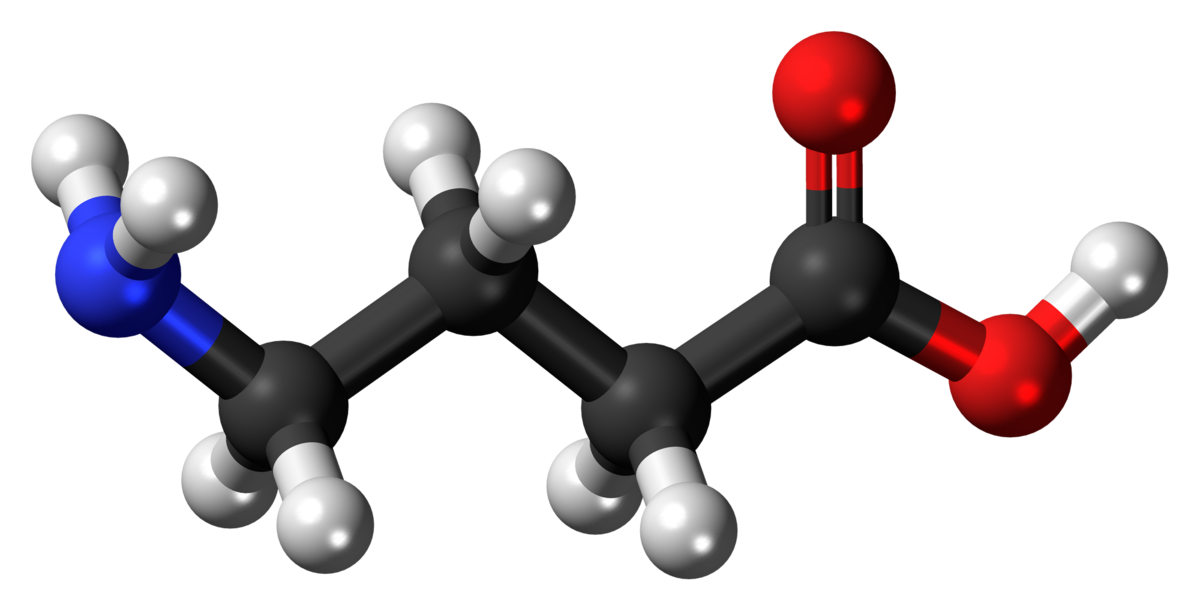Aminobutyric Acid: Role in Mental Health and Wellness

Aminobutyric acid, commonly referred to as GABA (Gamma-Aminobutyric Acid), plays a critical role in mental health and overall well-being. As an essential neurotransmitter in the brain, GABA helps maintain a balance between mental activity and relaxation, making it crucial for managing anxiety, mood disorders, and sleep health.
In this article, we’ll explore how GABA supports mental wellness, its role in the body, and how optimizing GABA levels can lead to a healthier mind and body.
What is Aminobutyric Acid (GABA)?
GABA is an inhibitory neurotransmitter, meaning it reduces excessive brain activity and promotes a sense of calm and relaxation. This function is vital for preventing overstimulation of neurons, which can lead to conditions like anxiety, depression, and insomnia.
In simple terms, GABA acts as the brain’s natural “brake system,” helping regulate emotional responses and ensuring a healthy mental state.
Key Roles of Aminobutyric Acid in Mental Health
1. Anxiety and Stress Management
GABA is best known for its ability to reduce feelings of anxiety and tension. Low levels of GABA are often linked to generalized anxiety disorder (GAD) and panic disorders. Supplementing or boosting GABA naturally can help restore calm and control over emotions.
2. Mood Stabilization
GABA also helps balance mood fluctuations and reduce irritability. It’s a key factor in managing depressive disorders and supporting emotional resilience.
3. Sleep Regulation
A healthy level of GABA is crucial for falling asleep and staying asleep. It calms the nervous system, promoting deeper and more restorative sleep. Low GABA levels are associated with insomnia and disrupted sleep patterns.
4. Cognitive Function and Focus
By reducing overstimulation, GABA enhances mental clarity and focus, making it easier to concentrate and perform complex tasks. It also plays a role in preventing age-related cognitive decline.
5. Stress-Related Eating and Cravings
High levels of stress can lead to emotional eating and cravings, often for high-sugar or high-fat foods. GABA helps curb these tendencies by promoting relaxation and improving impulse control.
Signs of Low GABA Levels
When GABA levels are low, the brain becomes overly excited, leading to a range of symptoms, including:
- Chronic anxiety and nervousness
- Sleep disturbances and insomnia
- Poor focus and mental fatigue
- Mood swings and irritability
- Muscle tension and physical discomfort
These signs may indicate an imbalance in the body’s neurotransmitter levels and could benefit from lifestyle changes or supplementation.
Boosting GABA Naturally
1. Nutrition and Diet
Certain foods can help increase GABA production in the body, such as:
- Fermented foods like kimchi, yogurt, and miso
- Green tea and matcha
- Spinach and other leafy greens
- Brown rice
2. Regular Exercise
Exercise is known to naturally increase GABA levels in the brain. Activities like yoga, tai chi, and aerobic exercise are particularly effective for improving mental wellness.
3. Mindfulness and Meditation
Deep breathing, meditation, and mindfulness practices have been shown to boost GABA activity, reducing stress and enhancing focus.
4. Supplements
GABA supplements are available in various forms—powder, capsules, or tablets—and are often used to manage anxiety, insomnia, and ADHD.
The Link Between GABA and Mental Health Disorders
Many mental health conditions are associated with imbalances in neurotransmitters, particularly GABA. Some of the most common disorders linked to GABA deficiency include:
- Generalized Anxiety Disorder (GAD): GABA supplementation has been found to reduce symptoms of excessive worry and anxiety.
- Depression: Low GABA levels are correlated with an increased risk of depressive episodes.
- ADHD: Boosting GABA may help reduce hyperactivity and improve focus.
- Insomnia: By promoting relaxation, GABA can enhance sleep quality.
Conclusion
Aminobutyric acid (GABA) is a powerful regulator of mental health and wellness, playing a key role in stress reduction, mood stabilization, and cognitive performance. Understanding how GABA functions in the body can empower you to take control of your mental well-being.
Whether through lifestyle changes, dietary improvements, or supplementation, maintaining healthy GABA levels is a step toward a calmer, clearer, and more balanced life. Always consult with a healthcare professional before beginning any supplementation regimen to ensure it’s right for your individual needs.






